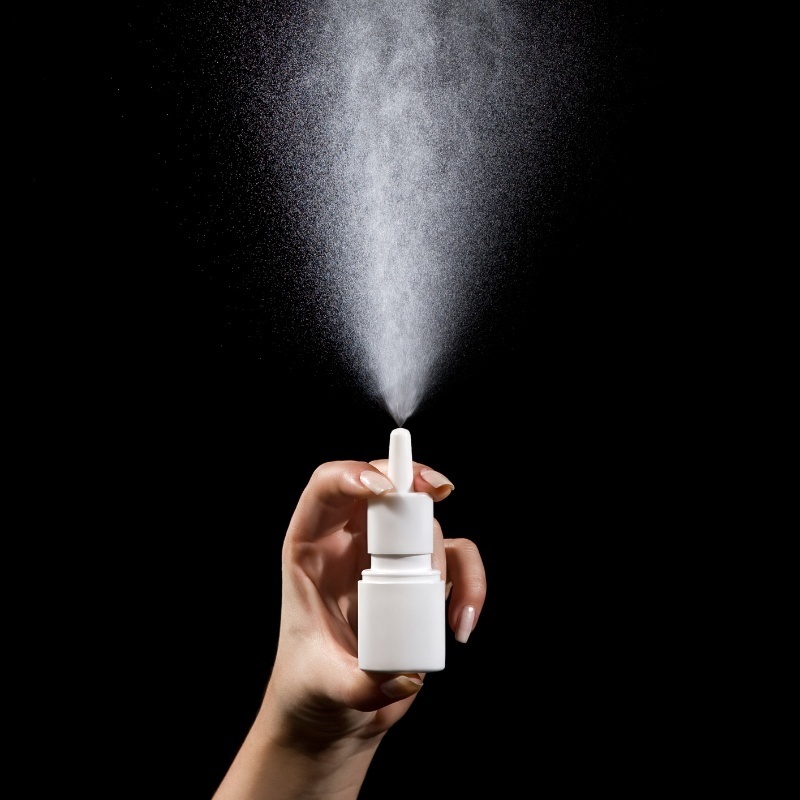In this episode of Health Care News, we delve into the recent revelation by the Food and Drug Administration (FDA) that certain over-the-counter decongestants, specifically those labeled with “PE” (phenylephrine), are no more effective than a placebo. Our guest, Dr. Jeffrey Singer, a practicing surgeon from Phoenix, Arizona, and a senior fellow at the Cato Institute, sheds light on how these medications found their way onto store shelves.
Dr. Singer traces the issue back to the Combat Methamphetamine Epidemic Act (CMEA), enacted 18 years ago in response to the methamphetamine crisis. This legislation pushed pseudoephedrine, an effective decongestant, behind the counter, leading drug companies to modify their formulas to include PE for over-the-counter sales.
Throughout the episode, Dr. Singer discusses several key points:
- The factors that led the FDA to reconsider its stance on over-the-counter decongestants.
- An overview of different decongestant drugs and tips for consumers to differentiate them.
- The process for purchasing pseudoephedrine, the effective decongestant.
- An exploration of why the FDA initially overlooked the ineffectiveness of PE.
- The sales strategies of drug manufacturers for OTC decongestants.
- Evaluating the CMEA’s impact on the Meth epidemic.
- The potential for a class-action lawsuit against this misleading practice.
- The future: Is there a possibility that Congress will repeal the CMEA?
For further insights, don’t miss Dr. Singer’s op-ed in Health Care News, linked in the episode description.




